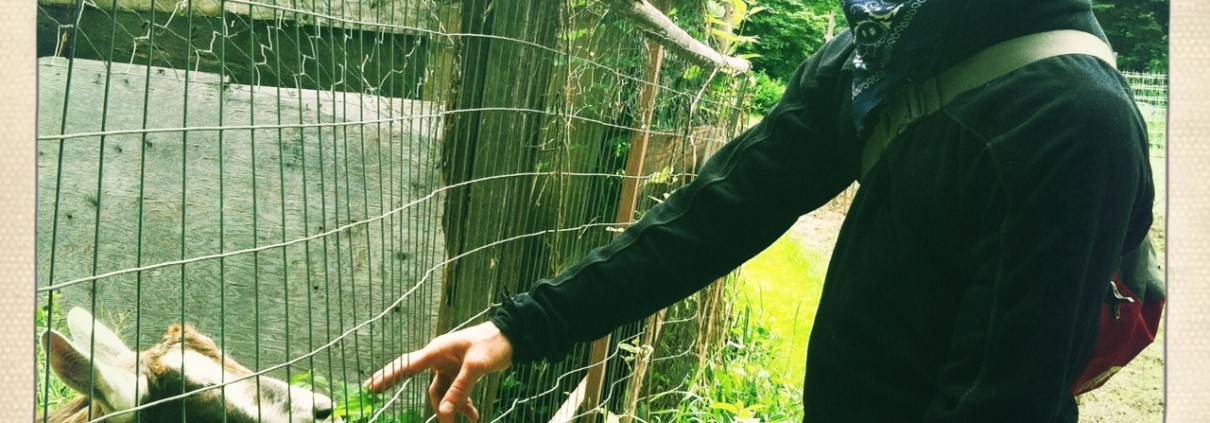Competition, Comparison, Vulnerability
I just spent a beautiful long weekend in Stehekin, WA, aka Magical Dream Fairy Land. It’s a town of about 85 full-time residents, accessible only by 50-mile ferry ride or a long hike through the North Cascades. There is not much happening in town aside from a kick-ass pastry shop, and it’s surrounded by gorgeous peaks and hiking trails in every direction.
Normally when I go out in the woods like this, I have some big goal: summit a mountain, cover a lot of mileage, climb some difficult cliff faces. This time, not so much. With the support of my group of friends, I approached the weekend with a distinct lack of major ambitions or goals to achieve. Instead, we decided to focus on being present, being open to adventure, and taking things as they come. This is something I think about a lot, but have a hard time doing in real life. The weekend was great practice. Even without having a plan, we managed to camp in beautiful places, go on long walks, eat delicious food, meet new people, have really enjoyable interactions with all sorts of characters and wildlife, watch the sky change color, find animal shapes in the clouds, do sunset yoga, clamber around rock formations, play music everywhere, deepen our friendships, talk about life and the universe, breathe deeply, race sticks down rivers, lose ourselves, find ourselves, forget about cellphones and email, be amazed, eat more, walk more, find a healthy dose of peace of mind.
On the car ride home from the ferry we listened to a podcast featuring Brené Brown on vulnerability, and it summed up wonderfully a lot of the thinking I had been doing. My natural state has always been to be ambitious, competitive, and a bit (ok, maybe a lot) of a perfectionist. In general, this has treated me pretty well so far. I’m good at a lot of things, so I can usually do well enough to be satisfied with my performance. I’ve done a lot of cool things that I’m glad to have done, and I almost always function well in society. But this is a dangerous path, and ultimately not the one I want to follow. It means deriving happiness from comparison with others, either by raising my own status or lowering theirs or both, creating an unhealthy feeling of self-importance and ego. This works really well for a lot of aspects of life, and it’s strongly encouraged by our society and capitalism in general. It doesn’t work, however, for cultivating happiness.
Here’s what I haven’t learned to do yet, but this weekend reminded me I need to be working on:
Being vulnerable
Putting myself out there, especially emotionally
Being okay when things don’t go as planned
Being okay with not being the best at everything
Asking for help
Letting the universe point me in new directions
Failing a lot
Doing what feels right
Taking things slowly
Getting hurt
Forgiving myself and others
Listening
It’s not a comprehensive list, but a good start. If you’ve got suggestions, let me know…




